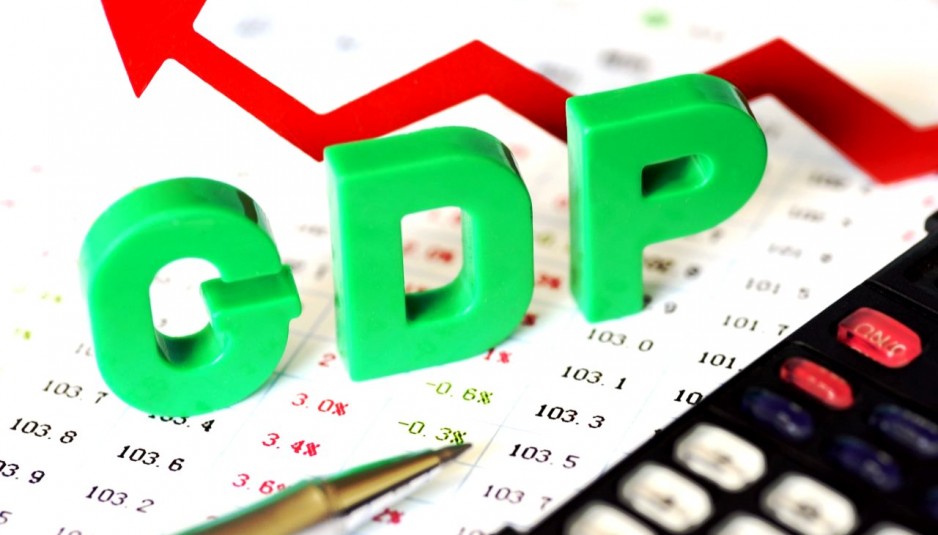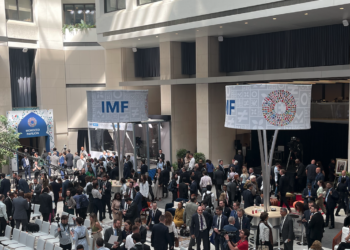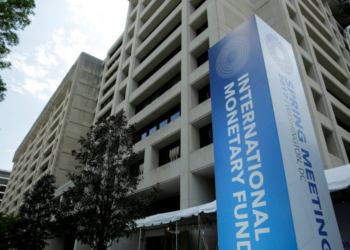Yesterday, the International Monetary Fund (IMF) revised its Nigerian growth projection for FY 2021 from 1.5% to 2.5% in its World Economic Outlook.
According to the IMF, the improved optimism stems from the expectation that available vaccines would continue to quell the diverse mutations of the coronavirus, which had surfaced in different strains recently. The IMF also cited the effectiveness of policy supports in the short to medium term.
Recall that the Nigerian economy closed FY 2020 in the negative (-1.8% y/y), having suffered consecutive growth contraction in Q2 and Q3 2020, leading to the economic recession. Worthy of note is that in Q4 2020, the economy surprisingly escaped recession evidenced by the 0.11% y/y rise in Gross Domestic Product (GDP) following the relaxation of the lockdown measures starting in July 2020.
READ: Real estate sector GDP positive in Q4 2020, but still in the woods
The recent adjustment of the IMF’s forecast is hinged on some expectations. One, the OPEC+ alliances will continue to manage crude oil supply. Hence, more activities in the Nigerian oil sector which constituted an average of 8.52% of the total GDP in the last two years. Secondly, the coronavirus curve will continue to flatten amid the mass deployment of vaccines, while the stop-gap measures adopted at the heat of the virus would continue to spur economic activities toward the pre-pandemic levels thus fuelling the necessary recovery.
Whilst we note that the forecast is achievable going by the current macro-economic clime amid the low base from the dip in FY2020, there are some downside concerns. For instance, the continued spate of insecurity does not bode well for the agricultural sector (which contributed 25.54% to GDP in the past two years).
READ: IMF lifts 2021 global GDP growth to 6%
The ongoing NIN-SIM integration portends the likelihood of stiffening the performance of the telecommunication sector (one of the key drivers of the recovery in Q4 2020) if not quickly nipped.
Reiterating our positions on the need to optimize the economy further, the government needs to bridge the existing infrastructure deficit, diversify its source of foreign exchange receipt, eliminate bureaucracies that stifle businesses, and promote measured economic liberality that suits the nation.
CSL Stockbrokers Limited, Lagos (CSLS) is a wholly owned subsidiary of FCMB Group Plc and is regulated by the Securities and Exchange Commission, Nigeria. CSLS is a member of the Nigerian Stock Exchange.



















